David Norris
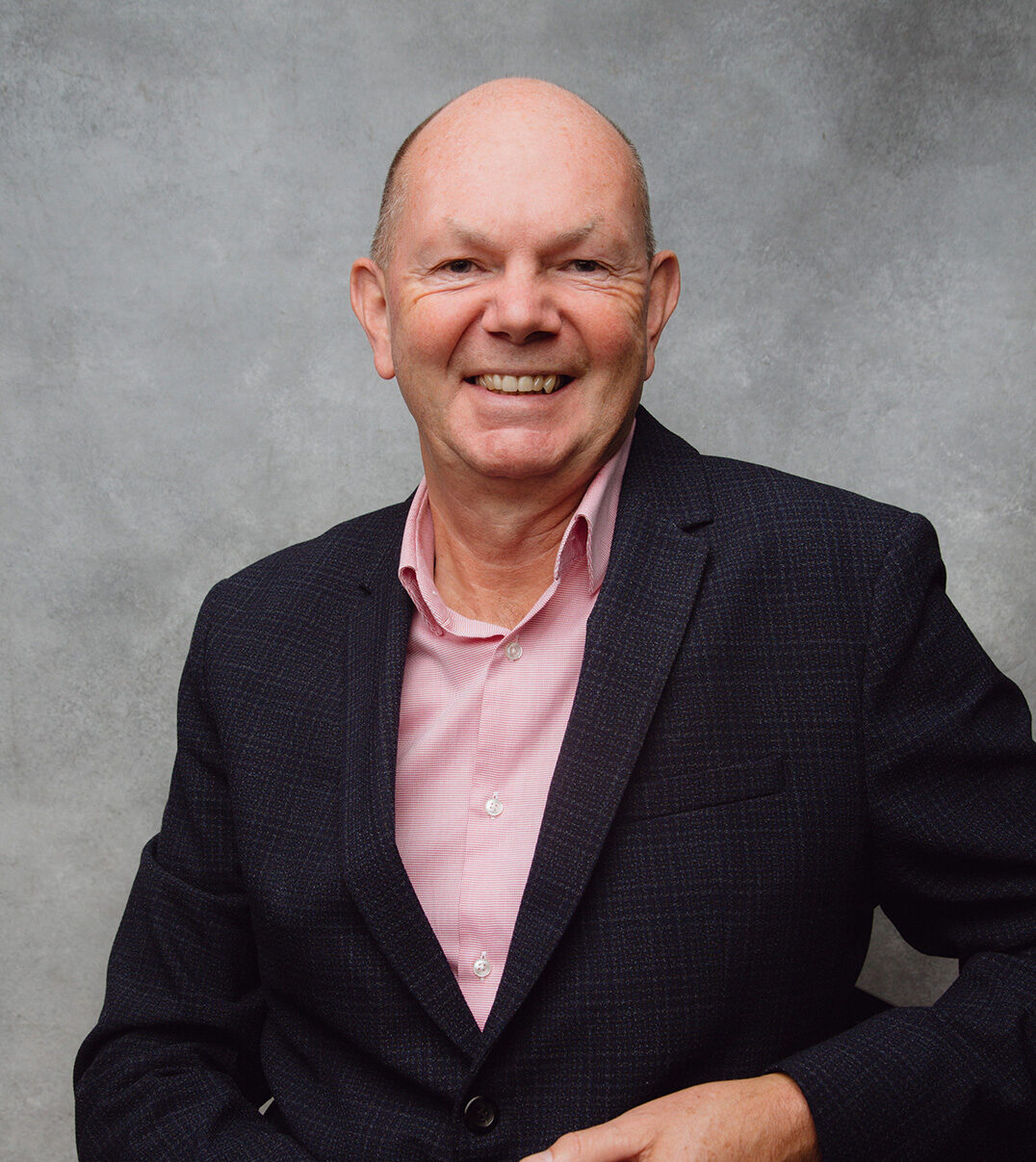
I became interested in environmental matters around 2005. Not for environmental reasons but as a means to reduce Irrecoverables. Why? Well, if you want to convince colleagues from the USA, all of whom drive a V8, that we should be more environmentally friendly…you need an angle! Now it’s just common sense!
Melanie Taylor
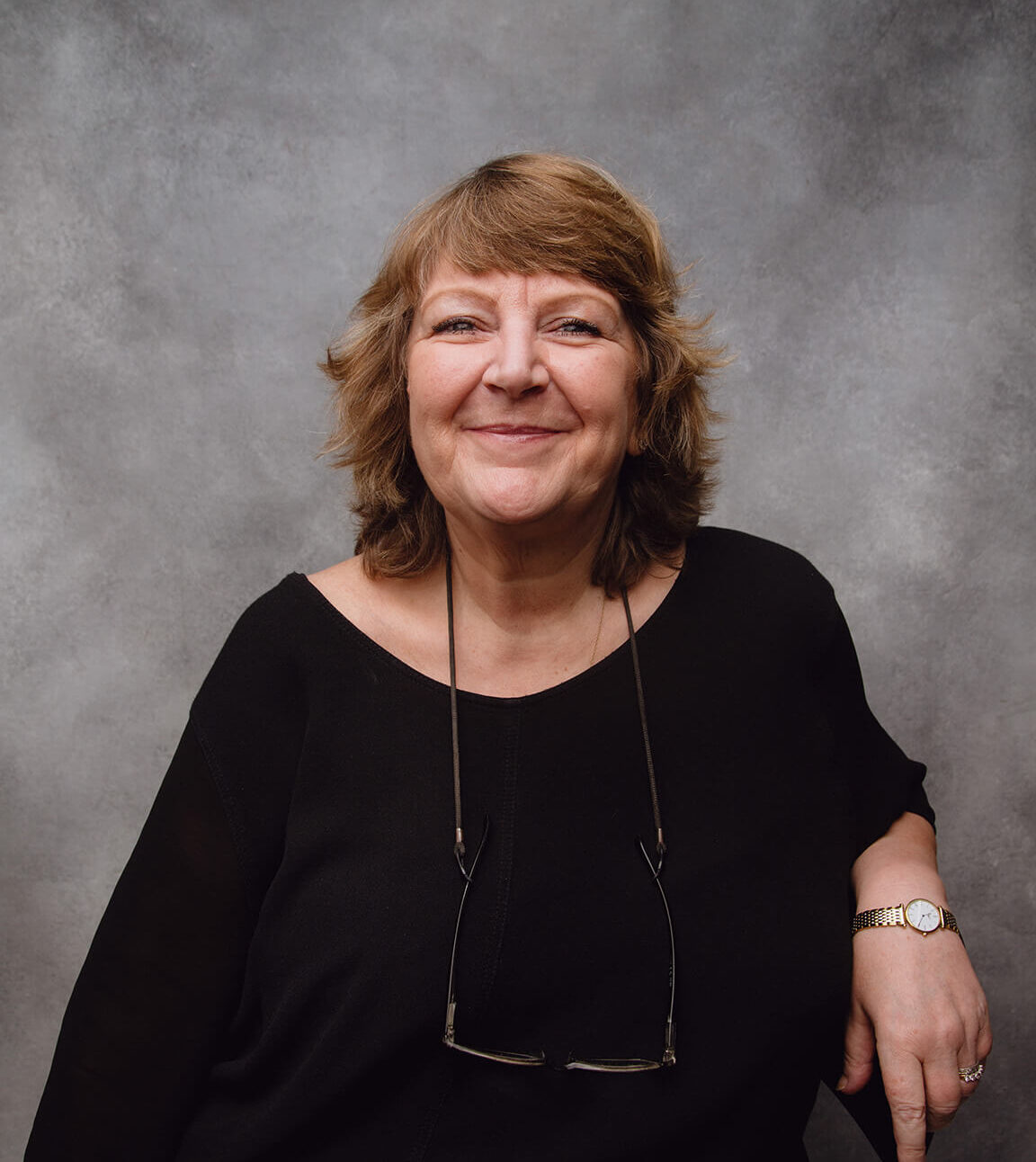
In Melbourne, Australia we had 7 levels of recycling per household, refuse trucks with CCTV and the ability to interrogate refuse bins and charge immediate fines of up to $660 for non compliance. In Tower Hamlets, London E1 in an apartment block comprising 150 + flats, black refuse sacks are provided by the managing agents for ALL waste, no recycling even attempted due to lack of space. What can we do to insist on a degree of recycling? Negotiations with Tower Hamlets ongoing …..
Tarah Gear
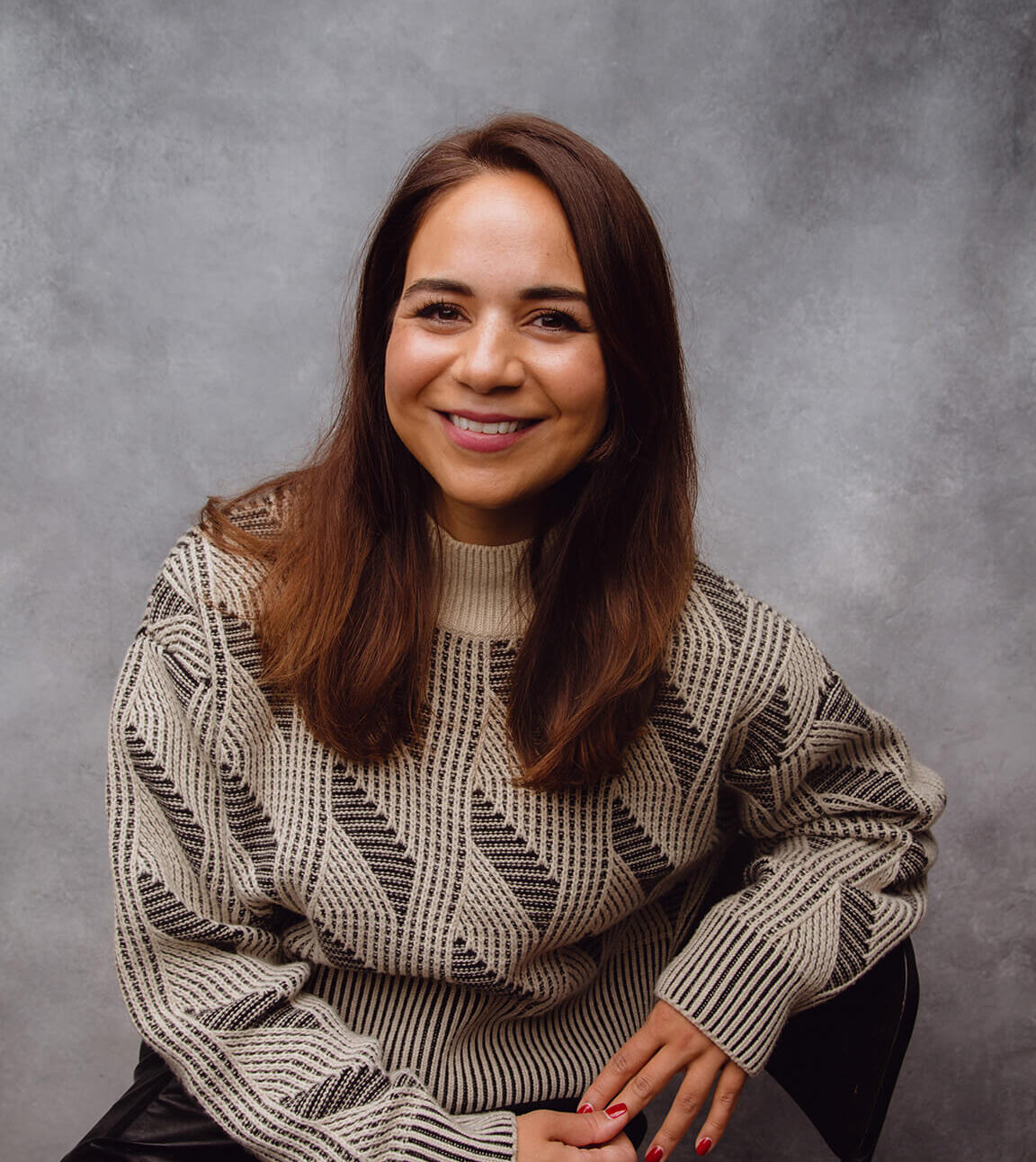
I worry about the world my kids will be adults in. For a few generations, those privileged enough have lived and consumed beyond their means at the expense of those less fortunate. And we continue to consume, expect comfort and convenience at the expense of generations to come. To change the course of fate, I believe we need to reassess what we really need to live well. For me this has meant a reduction in eating meat and fish, owning one car instead of two, purchasing less or pre-loved. And sometimes it simply means going without.
John Naylor
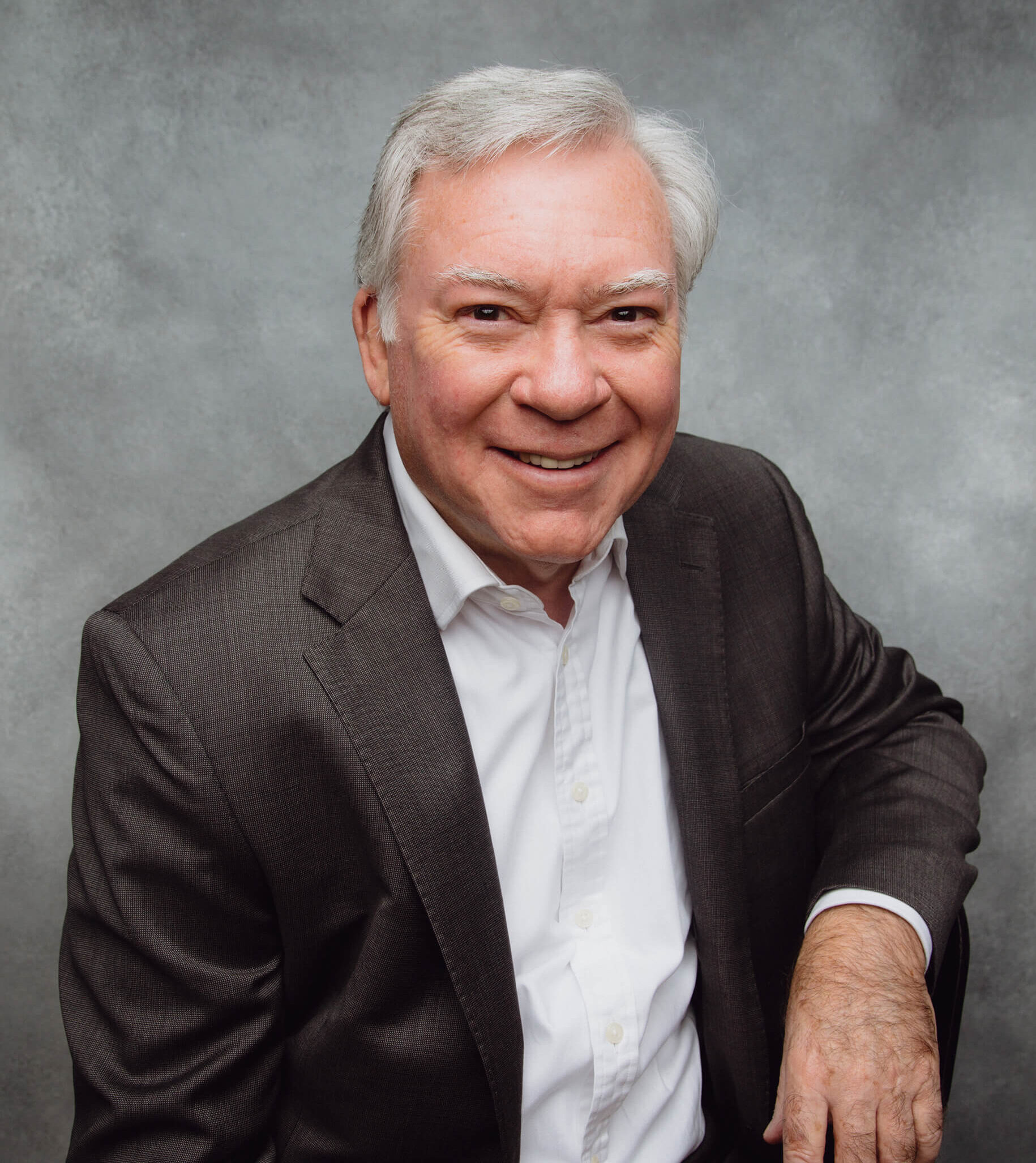
As a nature lover I love the countryside and butterflies in particular. The 15th UN Sustainable Development Goal is to do with nature. It states that we should sustainably manage forests, combat desertification, halt and reverse land degradation and halt biodiversity loss. It means the better siting of crops and energy infrastructure to ensure more natural habitat and protected areas remain intact and protect biodiversity. Last year the CPRE (the Campaign to Protect Rural England) reported that hedgerows must increase by 40% to help the UK reach net zero target by 2050. It is estimated that England's hedge rows store 9 million tons of carbon. Apart from carbon, hedgerows are the sustainable homes of numerous birds, wildlife animals and insects, and butterflies. In urban areas open spaces and gardens provide many opportunities for the natural world to thrive. Last summer I shared my garden with a friendly Red Admiral butterfly. Caring and sharing is what ESG means to me.
Emma Powell
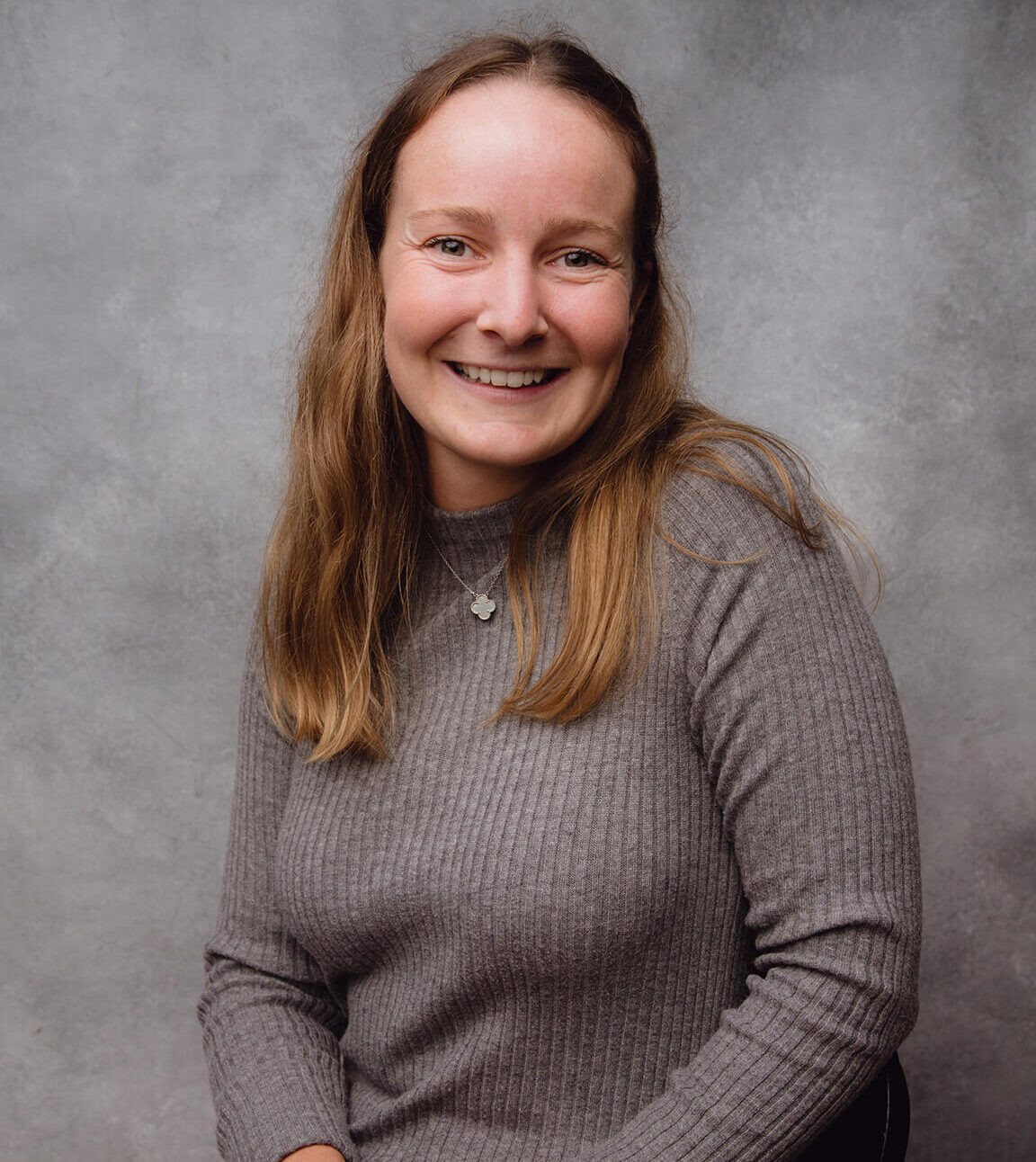
To me ESG isn’t just about the big ideas that you can do to become more environmentally friendly, these are extremely important but it is also about engaging in sustainable initiatives that impact your day to day life. For example, did you know that 2.5 billion coffee cups are thrown away in the UK each year therefore if people bought reusable coffee cups each time they had a coffee this would reduce a significant amount of waste. A successful example of this is carrier bag charge that came into place which has reduced plastic bag waste in supermarkets by 95% since the carrier bag charge came into place. Although these seem like little initiatives if people integrate little changes like these to their day to day life, they will make a big difference!’
John Milligan

I should thank my children for helping me take the issues of our planet much more seriously and to appreciate that by us all playing our part we can and will make a difference. I am working with increased fervour and passion to try and do more good rather than just less bad. I am determined to keep a strong ESG policy at the heart of all that we do and to measure our success through people, planet and purpose.
Mike Anderson

From an environmental perspective, we have a family home in Perranporth in Cornwall by the beach where both my boys surf and my daughter also enjoys the beach life in Falmouth. We have become far more conscious of the impact of single use plastics and waste having seen the sad changes their impact has on these environments.